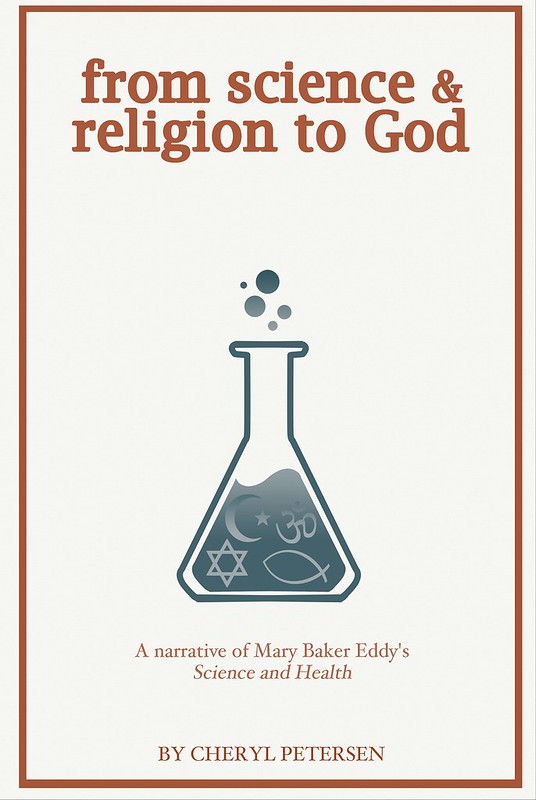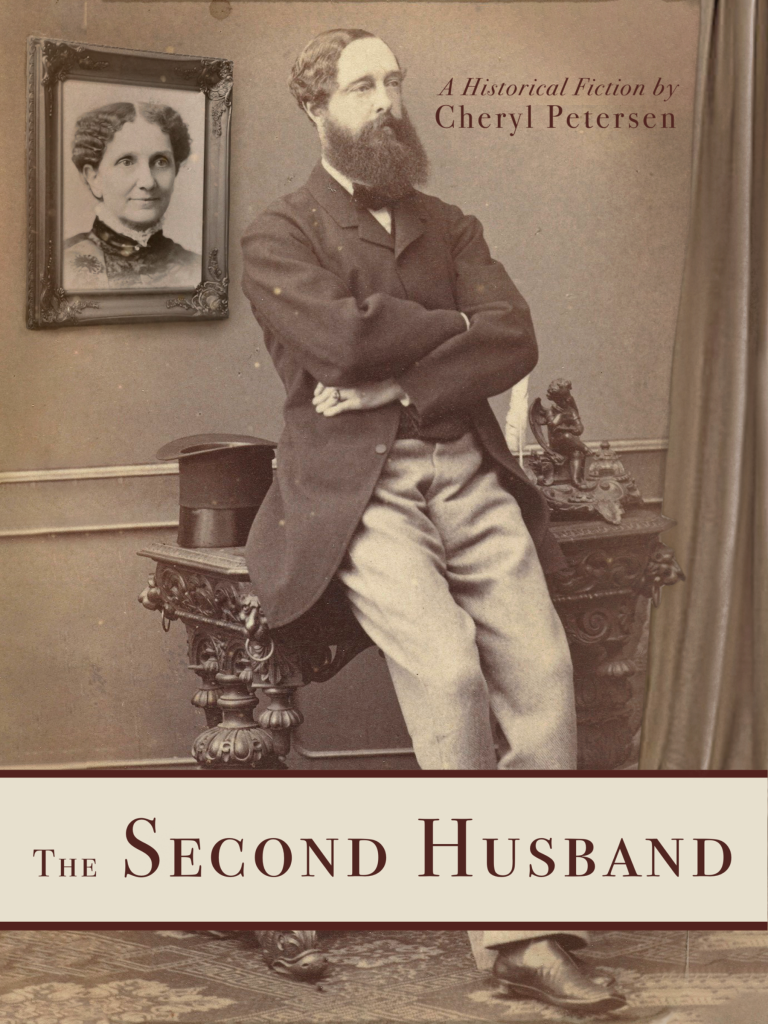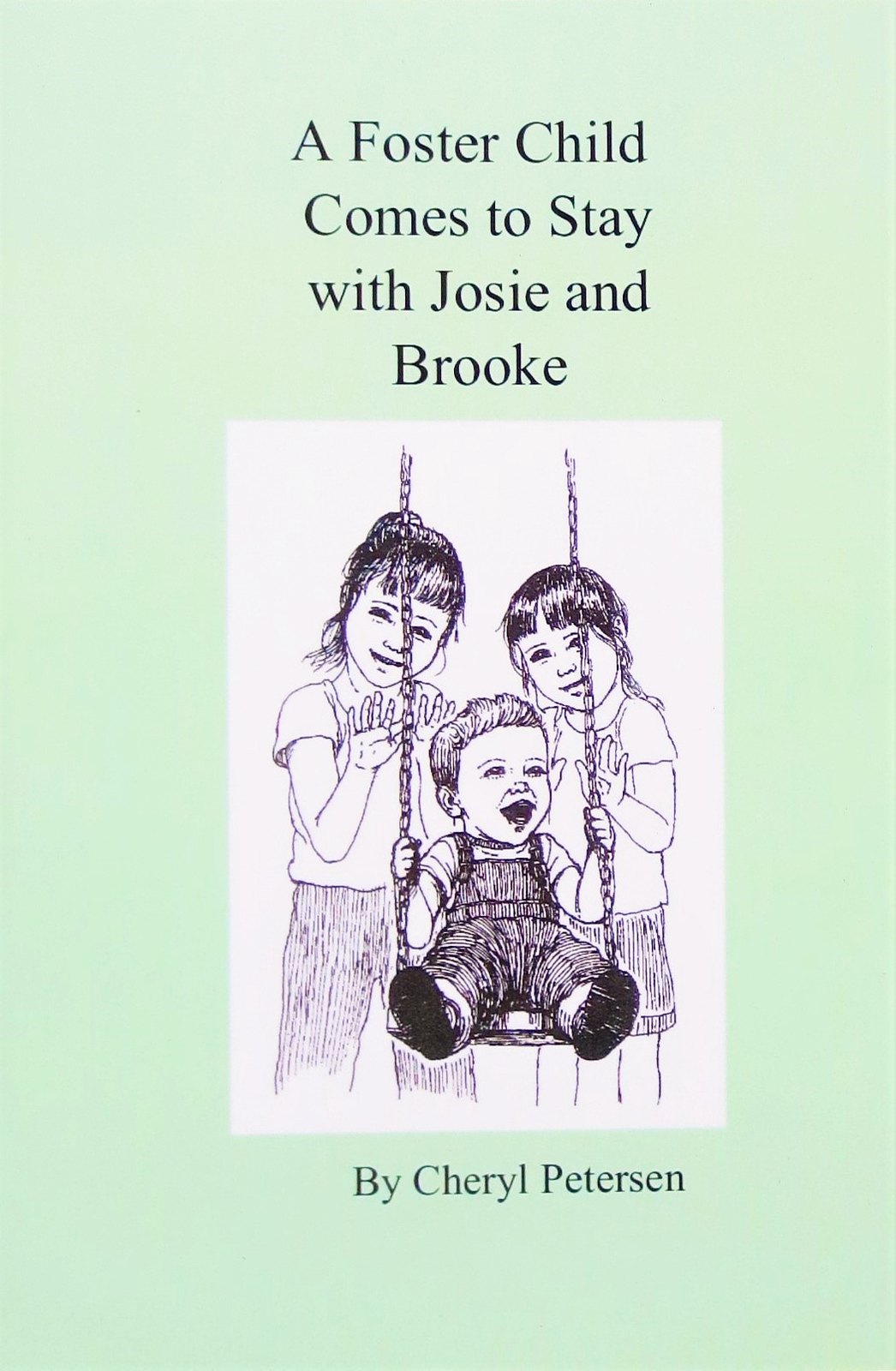Failure can be disappointing, but only because we have the blinders of human life on and can’t see the bigger picture. When I was a member of a religious organization, I truly wanted to share the love of God and spiritual understanding with others, and believed it was best done through the ranking set up within the church institution. So, I applied, twice, to become a teacher of Christian Science, but was not approved of. I looked like a failure. Astonishingly, I didn’t break down and cry. In fact, there was an inner confidence that I was supposed to learn something through the experience. But it took me years to see freedom instead of failure.
When the public demand for a revision of Mary Baker Eddy’s book, Science and Health was admitted as valid, I did some preliminary research and discovered people who I believed to be qualified to do the revision work, were either opposed or averse to the idea. The leaders of the religious institution that outwardly backs Science and Health exhibited the hard lined attitude similar to a Greek fable about a hound that refuses to let an ox eat a bale of hay, even though the dog can’t eat it himself with the attitude that “If I do not do it, then let no one do it.”
But, I revised Science and Health out of appreciation for the ideas in the book and necessity. Language changes.
During the revision process I naturally noted many ideas in Science and Health pronouncing the importance of sharing spirituality, not in order to promote a religious organization, but to advance the science of Love and Truth. “A special privilege is commissioned in the ministry. How will it be used? The privilege should be used sacredly in the interests of humanity, not of sect.”
Science and Health with Key to the Scriptures was not revised because of human disapproval or approval. The work was done from the heart, in gratitude for Mind healing as taught by Mary Baker Eddy. I read in Science and Health, “Love of spirituality, rather than love of popularity, should stimulate work and progress.” More progress is yet to be made and the hard work will continue, but in this case, I see how failure could be seen as a freedom to move forward without the blinders of one sect’s ideology.
Updated November 2021
Click here for sixth edition of 21st Century Science and Health with Key to the Scriptures: A modern version of Mary Baker Eddy’s Science and Health











